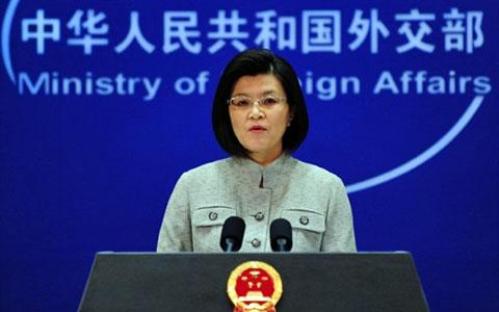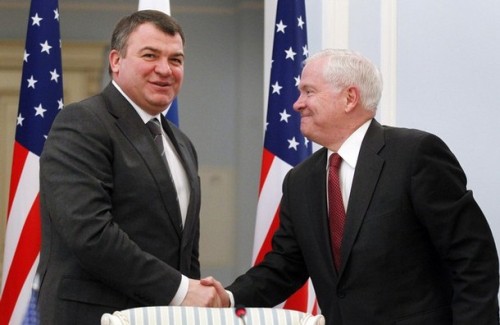CHINA, March 22, 2011 (KATAKAMI.COM) — China Tuesday called for an immediate ceasefire in Libya, where a United Nations “no-fly zone” is being enforced. After abstaining last week from the U.N. Security Council vote on military action, the Chinese government says it wants immediate talks to end the violence.
As reported by VOA on Tuesday, ever since it abstained from the U.N. Security Council vote on military action to enforce a no-fly zone in Libya, China has been voicing its disapproval of the bombing raids launched by the United States, Britain and France.
Foreign Ministry spokeswoman Jiang Yu says China is deeply concerned about civilian casualities caused by the air strikes and warns of a humanitarian disaster.
She says the original intent in passing the Security Council mandate was to protect the safety of the Libyan people.
But she says Beijing opposes was she describes as an abuse use of force and the unnecessary use of violence that could result in additional civilian casualities.
Jiang says the military action will cause a bigger humanitarian crisis and says China has serious reservations about parts of the U.N. resolution.
Western powers began strikes against Libya, last Saturday, in a U.N.-mandated campaign to target air defenses to enforce a no-fly zone and protect civilians from Moammar Gadhafi’s forces.
But the Chinese government, which abstained from the U.N. vote along with fellow permanent Security Council member Russia, has kept up a critical commentary of the military action.
China’s official state media accuses nations backing the strikes of breaking international rules and courting new turmoil in the Middle East.
When pressed by journalists, Jiang refused to say why exactly China did not use its veto power to block the U.N. mandate.
She said the Beijing government took into consideration concerns among Arab countries and what she described as the special conditions in Libya.
She refused to elaborate further and would not say if China views the military actions by the other Security Council members as a breach of the U.N. rules.
Jiang said China always opposes the use of force in international relations.
And, she said the United Nations is still considering what long-term actions to take on Libya.
China’s Middle East envoy, Wu Sike, is to visit the region later this week. (*)

![A protester holds a banner during a Stop the War coalition demonstration opposite 10 Downing Street in London on Sunday. [Photo/Agencies]](http://indonesiakatakami.files.wordpress.com/2011/03/0022191067d70ef22d7221.jpg?w=388&h=498)
